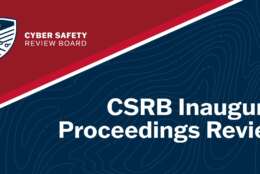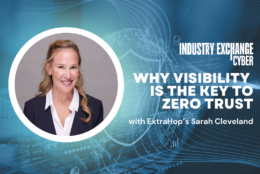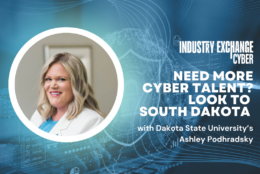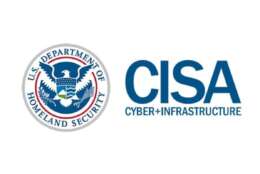Cybersecurity
-
The CSRB is modeled after the National Transportation Safety Board, but some experts say the cyber board needs more independence and transparency.
January 18, 2024 -
Endpoint management and security is becoming more automated. But it requires using the most current data about network activity.
January 17, 2024 -
Zero trust takes a multi-disciplinary team, full visibility into your network data, and a dash of artificial intelligence.
January 17, 2024 -
Dakota State University might be lesser known than other cybersecurity academic hubs, but it has a solid relationship with the national security community.
January 17, 2024 -
Zero trust architectures must cover both users and applications, and extend from the core network to the edge, all while giving all users an equal experience.
January 16, 2024 -
Join moderator Justin Doubleday, and agency and industry leaders to learn how agencies are implementing artificial intelligence and machine learning tools to enhance cybersecurity initiatives.
January 16, 2024 -
Matt House, the program manager for the CDM program at CISA, said the governmentwide dashboard is in a good place in terms of delivering quality data.
January 15, 2024 -
At its core, a zero-trust architecture (ZTA) follows one guiding principle: Trust no one. Unlike conventional models, where anything inside the network perimeter is trusted, ZTA considers all users and systems as potential threats. This means verifying every access attempt, regardless of whether the attempt originates inside or outside the network.
January 10, 2024 -
Consumer Financial Protection Bureau is concentrating on its people above its technology in its IT modernization and cybersecurity efforts.
January 09, 2024 -
Industry and government alike have been pondering the new proposed rule on vendor cybersecurity that was published just a couple of weeks ago. The Defense Department wants to finally get its Cybersecurity Maturity Model Certification program off the ground. It would impose new requirements on contractors. For one industry view, the Federal Drive with Tom Temin spoke with the Chief Technology Officer at Fortinet Federal, Felipe Fernandez.
January 09, 2024 -
This fed has a long career as an engineer and cyber security practitioner for the Navy and Marine Corps. He reached the Senior Executive Service years ago. Now he's on the civilian side of government, as the chief information security officer for the Homeland Security Department.
January 09, 2024 -
While the buzzword of 2024 may be artificial intelligence, or some derivative like generative AI or large language models, the biggest challenge and focus for federal IT community will continue to be the people.
January 09, 2024 -
Federal News Network asked a panel of current and former federal executives for their opinions about 2023 and what federal IT and acquisition storylines stood out over the last 12 months.
January 08, 2024 -
James Carnall, the head of cyber at Red River Technology, said that reaching a state of zero trust and enhancing cybersecurity generally will start with identity management.
January 05, 2024 -
With the pace in which AI and generative AI has been rolled out to the public, red-teamers are playing catch-up, with their team facing a significant deficit. There’s a lot for them to address in the near term, and in many cases, they’ll need to learn on the fly.
January 04, 2024
















